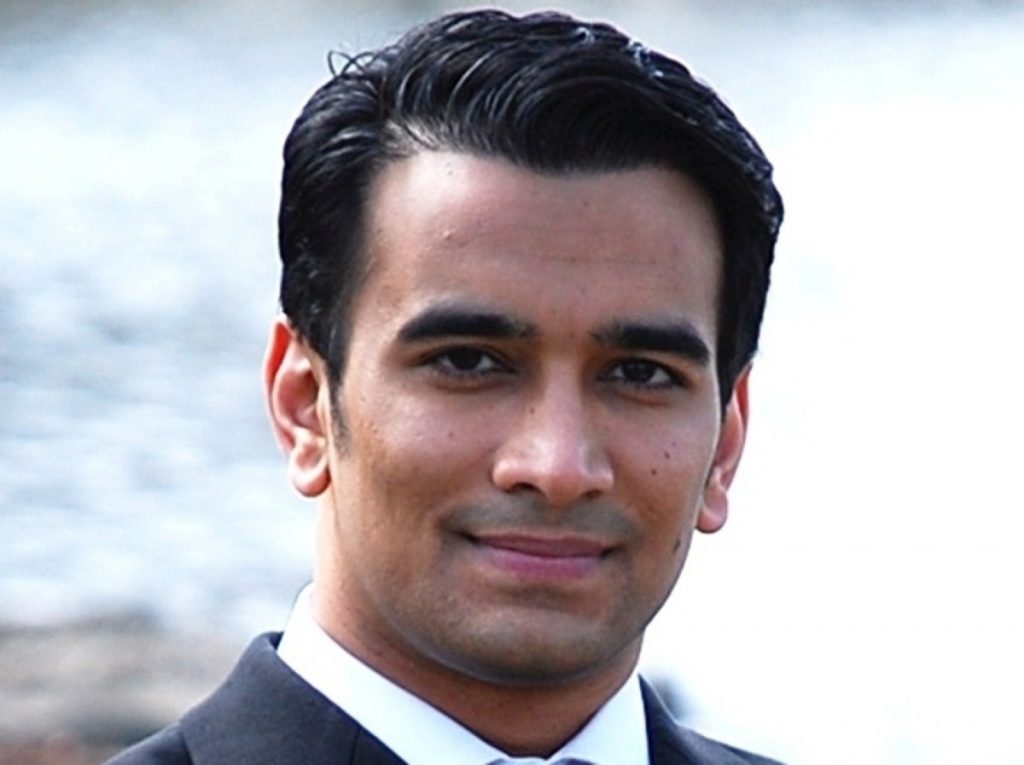Comment: Bailout for political parties is the price of democracy
By Dr Azeem Ibrahim
The financing of politics determines a country's ability to control corruption and to maintain free and fair elections in the name of effective and democratic governance. In the US, the system is generally considered to be ineffectual as Big Money increases its influence of the electoral process. Campaign finance laws seem counterproductive since the supreme court allowed corporations free rein with unlimited spending in the name of free speech.
Non-profit watchdog organisations such as Common Cause are pursuing reforms like a constitutional amendment, rules requiring disclosure of corporate political spending and federal legislation requiring shareholder approval before corporations can "invest" their treasury money in elections.
But with the gridlock in Washington, these solutions will take months or even years to achieve. Public pressure from the movement Occupy Wall Street may not prove powerful enough to overcome the lure of money and legislators are not likely to want to bite the hand that feeds them. Or as one wry comment has it, turkeys are hardly likely to vote for Thanksgiving.


Having lived in the US for about a decade, I have watched with concern how influence is increasingly being bought in the American political system, with members of Congress openly courting donors and attending fundraisers rather than dealing with policy issues or constituency concerns.
As soon as they are elected, the fundraising begins for the next Congressional campaign in two years time, and it is not unusual for one million dollars to be raised in a three month reporting period. Money seems to buys votes through the media and political action committees or PACs and Super Pacs now dominate the campaign finance scene.
It would be tragic if politics went the same way in the UK. In the search for a fairer way to control big donors, a government-commissioned inquiry has come up with its first recommendations of state funding to balance a cap on big donors. A firm believer in free market economics, I have written widely over the years on the need to restrain state spending and was therefore concerned to read of the UK government's proposal to introduce state subsidies for political parties.
The recommendation is to pay £3 a vote based on the outcome of the last election, accompanied by a cap on individual donations, ranging from £10,000 to £50,000 to be decided upon once a formula has been reached acceptable to the parties and the public.
The argument is that parties will be more responsive to the individual members and voters. Described as a £100 million 'bailout' for political parties paid for by the taxpayer, the idea is hardly likely to be popular with voters at this time of economic austerity.
Canada has had a similar system of state funding since 2004, when a subsidy of $2 per vote was introduced to replace the reliance of political parties and candidates on corporate, union, and wealthy donors. But in 2008, the Harper government proposed to significantly cut this funding on the basis that it would save taxpayers approximately $30 million annually. Opposition parties threatened to vote against the controversial cut so the Conservative government dropped the proposal. But in April this year, Prime Minister Harper said he still wants to eliminate the current per-vote subsidy system, because people should not be forced to become party donors simply by having exercised their right to vote.
This has a certain populist appeal, and it is hard to find anyone in today's economic climate who doesn't want to cut unnecessary government expenses. But many Canadians feel that to eliminate the subsidy completely would do a disservice to voters across the country.
It is interesting that the UK's prime minister David Cameron is considering the more enlightened viewpoint as an effort to get rid of the perception of big money dominating British politics. It should also be welcomed as a way of encouraging parties to fight for every vote, not just in marginal seats as is the case now. A counterargument, however, is that it will make the political parties less likely to connect with and understand the concerns of ordinary voters.
Perhaps this concern is unnecessary if the parties make better use of the internet, not just to recruit and fundraise, but to maintain connections. After all, the Obama campaign in 2008 proved it could be done with the right message of hope and substance.
The fact that the Obama magic has faded and that Big Money is now running both parties in Washington should not be taken as proof that voters cannot be motivated again through the internet. The Occupy Wall Street movement is an example of the power of social media to keep democracy alive.
The UK government is to be commended for trying to reform campaign financing and it will be very interesting to see what course they choose to adopt following the publishing of the inquiry's recommendations. One thing is sure – not everyone will be happy with their final decision.
Dr Azeem Ibrahim is a Fellow and Member of the Board of Directors at the Institute of Social Policy and Understanding and a former Research Scholar at the Kennedy School of Government at Harvard and World Fellow at Yale.
The opinions in politics.co.uk's Comment and Analysis section are those of the author and are no reflection of the views of the website or its owners.

